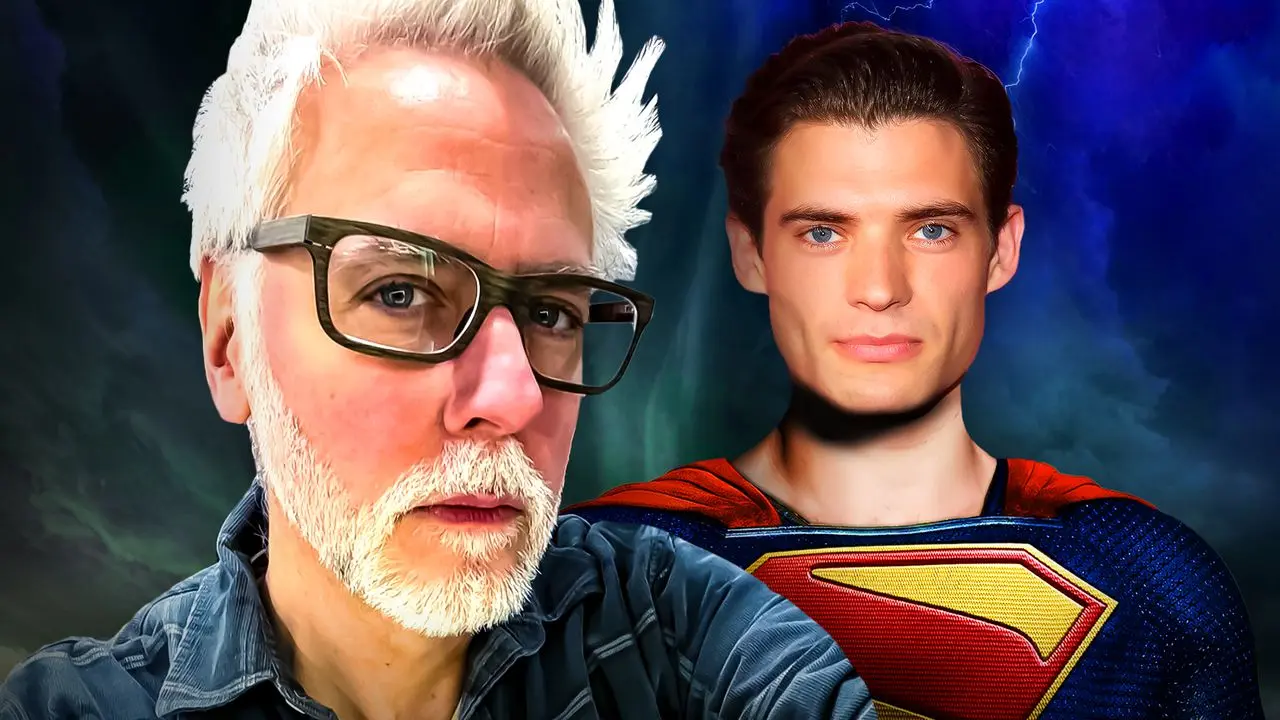In the labyrinthine universe of DC Comics, where superheroes and villains clash with cosmic stakes, Lex Luthor stands out—not just as Superman’s arch-nemesis but as a character whose intellectual prowess makes him a uniquely formidable foe. His plots, often brimming with cunning and malevolence, have challenged the Man of Steel’s brawn with brainy tactics. However, one of his schemes might just be too sinister for even the most daring of filmmakers, including James Gunn, to bring to the cinematic world of the new Superman franchise starring David Corenswet.
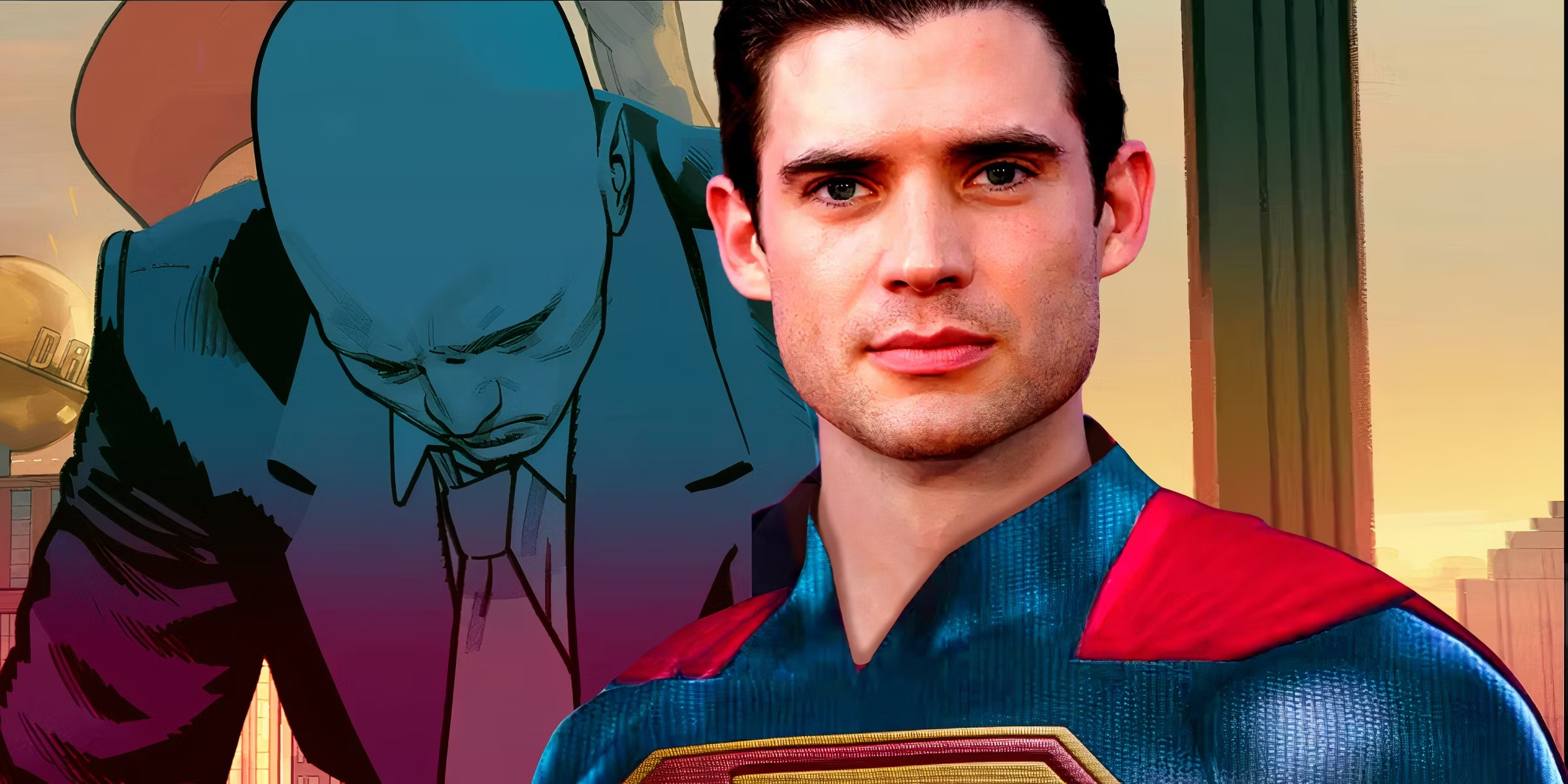
The Troubling Tale of a Robotic Lois Lane
In the depths of DC’s comic book archives, particularly in Action Comics #890, written by Paul Cornell and illustrated by Pete Woods, Lex Luthor embarks on a disturbing venture. This issue, titled “The Black Ring,” showcases Luthor’s twisted genius as he creates a robotic clone of Lois Lane. Unlike the typical android, this creation is a blend of Lois’ DNA and Kryptonian cybernetics—a concoction that brings up serious ethical questions. The narrative takes a darker turn as it reveals Luthor not only using this robot as an assistant but also engaging in intimate acts with it, crossing boundaries that delve into the deeply uncomfortable.
A Diabolical Plan That Crosses the Line
The introduction of Robot Lois Lane sparked a spectrum of reactions from the DC fan community. While some expressed their disturbance at the implications of Luthor’s actions, others critiqued the writers for what seemed like a narrative driven more by shock value than character development.
Comments ranged from concerns over the moral implications of such a creation to outright repulsion at the lack of ethical boundaries demonstrated by Luthor’s character. The general consensus was clear: this storyline, while captivating, ventured too far into the morally grey, making it a controversial choice for adaptation in a mainstream film.
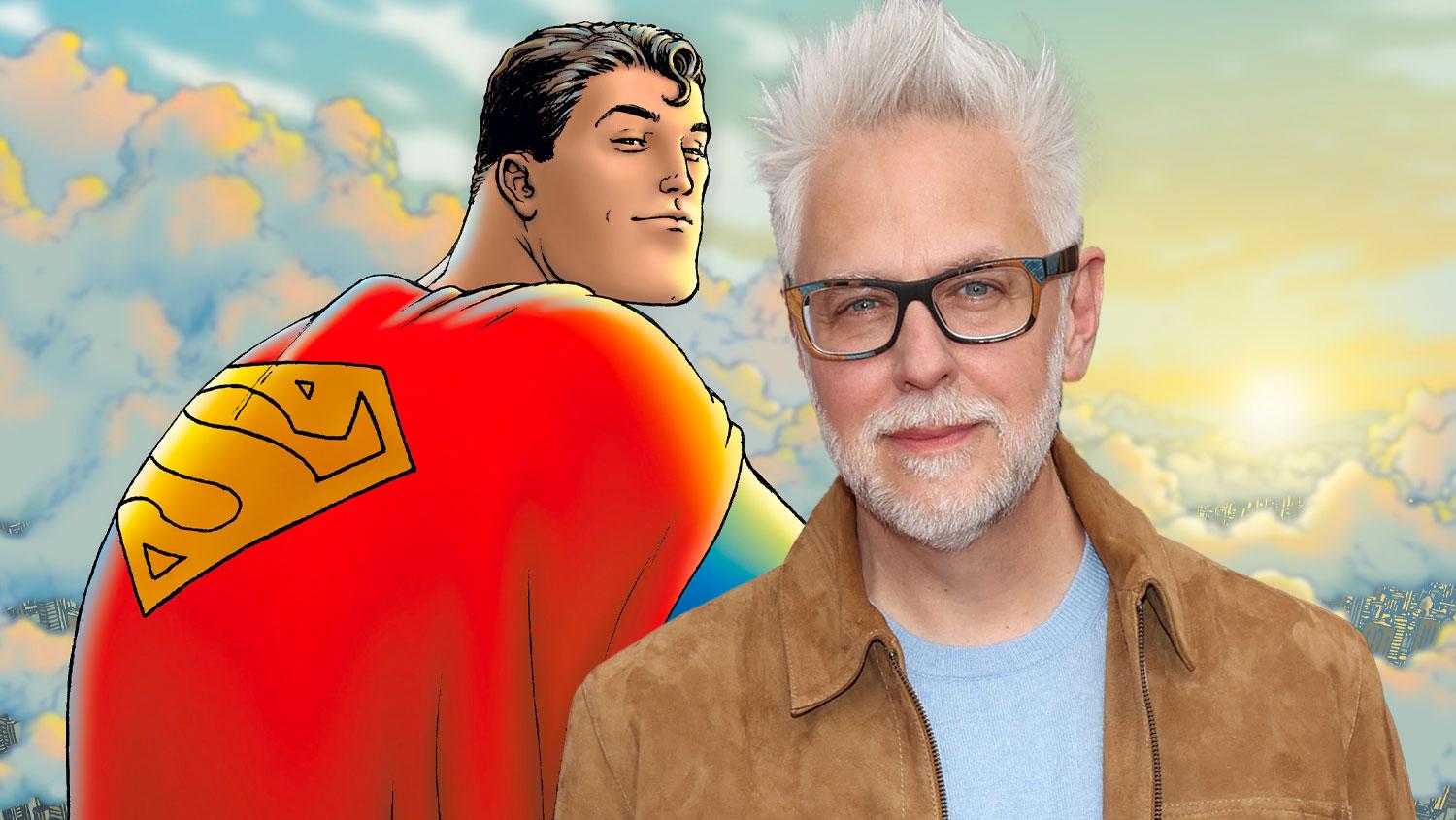
Why James Gunn Steers Clear
James Gunn, known for his bold storytelling, seems to have his limits when it comes to adapting certain comic book narratives for the big screen. The narrative involving the robotic Lois Lane, with its dark undertones and complex ethical dilemmas, represents a storyline that might alienate rather than entertain the broader audience expected for David Corenswet’s Superman movies. In an era where cinematic adaptations often balance dark themes with audience expectations, Gunn’s decision to potentially exclude this particular plot from the Superman revival seems aligned with a more cautious approach to superhero storytelling.
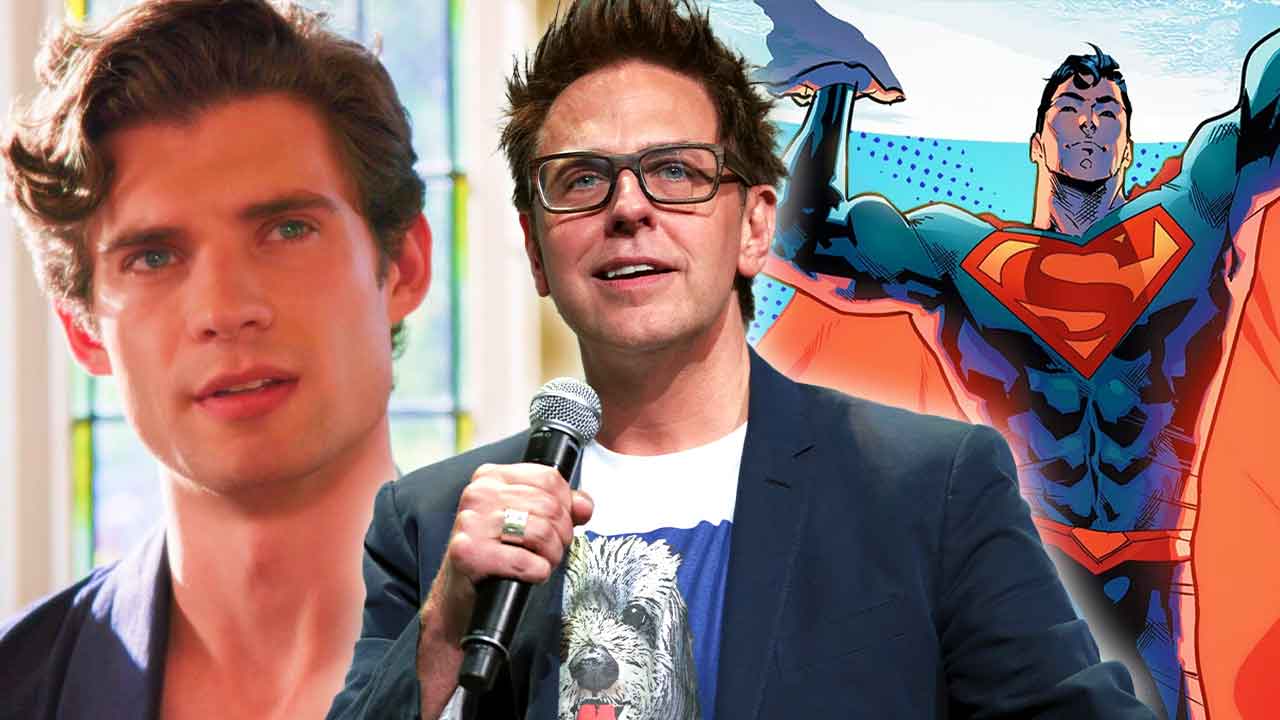
Looking Ahead in the DC Universe
As the DC universe undergoes a revitalization under Gunn’s creative direction, with Nicholas Hoult set to bring Lex Luthor to life, the choices made now will set the tone for future installments. The decision to sidestep the more controversial aspects of Luthor’s character could allow for a focus on narratives that challenge yet do not cross ethical boundaries. With the upcoming Superman film slated for release on July 11, 2025, fans are eager to see which aspects of the rich DC lore will be embraced and which will be left behind in the comic books.
As DC Comics continues to expand its cinematic universe, the adaptation choices reflect a blend of fan service and ethical storytelling. While Lex Luthor’s darker visions may captivate readers on the page, their translation to film requires a careful consideration of audience and context, something that Gunn and his team seem keenly aware of as they sculpt the new age of Superman.

